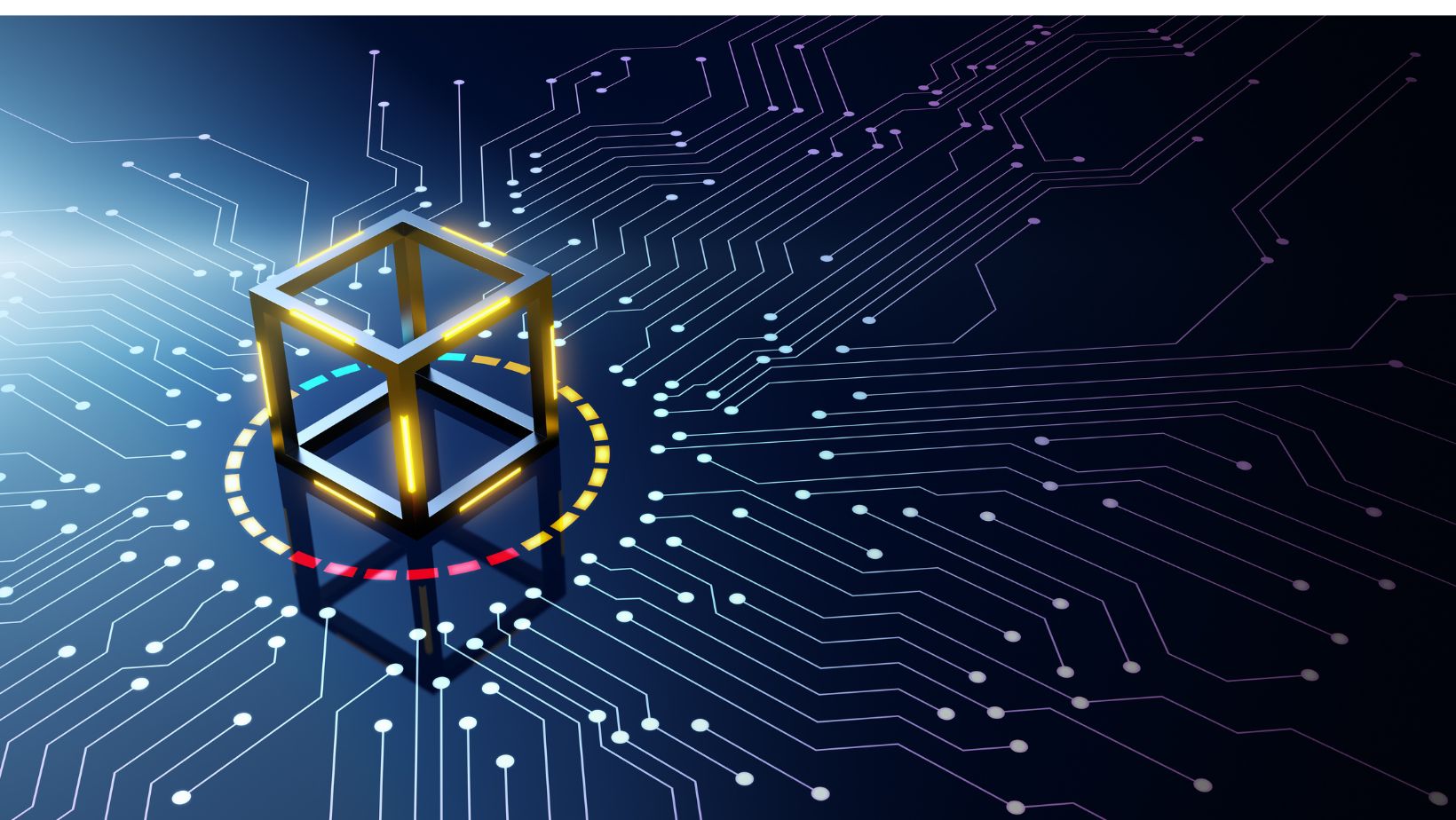In a world where privacy feels like a myth and spam calls are the modern-day plague, the concept of a blockchain phone number might just be the superhero we never knew we needed. Imagine a phone number that’s as secure as Fort Knox and as reliable as your morning coffee. With blockchain technology, users can finally reclaim their digital identities and keep their personal information out of the hands of data-hungry corporations.
Gone are the days of worrying about your number being sold to the highest bidder. A blockchain phone number offers a fresh approach to communication, blending security with convenience. It’s not just a phone number; it’s a ticket to a more private and secure digital life. So, buckle up as we dive into the fascinating world of blockchain phone numbers and discover how they’re revolutionizing the way we connect.
Blockchain Phone Number
Blockchain phone numbers offer a groundbreaking approach to privacy and digital communication. This technology allows users to maintain control over their personal information, reducing exposure to spam and data breaches.
What Is a Blockchain Phone Number?
A blockchain phone number functions as a decentralized identifier. Users gain a unique identification linked to their blockchain account. Communication through blockchain phone numbers operates without traditional telecommunication networks. Enhanced security measures accompany this type of number, providing protection against unauthorized access. Data remains encrypted, ensuring only intended recipients can interpret messages.
How Does It Work?
Blockchain phone numbers utilize blockchain technology to facilitate communication. Upon registration, a user’s number associates with their digital wallet. The system operates using smart contracts that automate transaction processes. Each message transmitted undergoes encryption for added security. Recipients decrypt messages using secure digital keys, preserving privacy during interactions. Users retain ownership of their data and can manage permissions easily.
Advantages of Using Blockchain Phone Numbers
 Blockchain phone numbers offer significant advantages over traditional communication methods. Users benefit from improved security and privacy, making these numbers an appealing choice for navigating the digital landscape.
Blockchain phone numbers offer significant advantages over traditional communication methods. Users benefit from improved security and privacy, making these numbers an appealing choice for navigating the digital landscape.
Enhanced Security Features
Enhanced security features are central to blockchain phone numbers. They utilize decentralized identifiers, ensuring that personal information stays protected from unauthorized access. Each number links to a digital wallet, where encryption safeguards messages at every stage of communication. Encryption techniques employ secure digital keys, allowing only intended recipients to decrypt the content. This structure minimizes risks related to data breaches, giving users a stronger sense of control over their information. Advanced technology hardens protections against phishing attacks, bolstering confidence during interactions.
Privacy Benefits
Privacy benefits distinguish blockchain phone numbers from conventional options. Individuals can manage their data without fear of being tracked by corporations or compromised by spam calls. Data ownership remains firmly in users’ hands, as they can control who accesses their information. Furthermore, the absence of a centralized authority decreases the likelihood of surveillance. Users can generate temporary numbers for specific situations and disable them as needed. Decentralization empowers users, granting them the ability to communicate without sacrificing their privacy. This approach fosters a more secure and private digital experience.
Challenges and Limitations
Blockchain phone numbers face several challenges and limitations affecting their widespread adoption and effectiveness.
Adoption Barriers
Regulatory uncertainty complicates the deployment of blockchain phone numbers, as varying legal frameworks exist across jurisdictions. Users often display a reluctance to embrace this new technology due to unfamiliarity with the underlying concepts. The integration process with existing infrastructure poses additional hurdles for service providers. Educational resources about functionality and benefits remain limited, hindering overall understanding. Limited availability of compatible devices restricts access for potential users. Market competition from traditional phone systems creates further challenges, as established players dominate consumer preferences.
Technical Complexities
A significant barrier lies in the inherent technical complexities of blockchain technology. Developers must grapple with scalability issues, as a growing user base leads to potential slowdowns in performance. Effective management of private keys becomes crucial; users may struggle with key loss, leading to unauthorized access or data loss. Interoperability among different blockchain systems remains an ongoing concern, as users often require cross-platform compatibility. Security risks associated with smart contracts can also arise, exposing users to exploitation if not carefully designed. Overall, these technical challenges can impact user trust and reliability in blockchain phone numbers.
Current Use Cases
Blockchain phone numbers currently see a variety of use cases across different regions and industries. Their unique attributes enhance communication security and privacy.
Regional Implementations
Various regions successfully implement blockchain phone numbers to tackle data privacy and spam issues. In Europe, some startups offer services enabling users to claim blockchain identities linked to a decentralized phone number. Users in Asia often utilize these phone numbers for secure transactions and communication in e-commerce settings. Additionally, North American companies increasingly adopt this technology to safeguard customer data and establish more trustworthy interactions. Community interest in these regions promotes wider acceptance and participation in the blockchain ecosystem.
Industry Applications
Specific industries leverage blockchain phone numbers to enhance security and user trust. The financial sector increasingly uses them for secure communication between clients and institutions. Similarly, healthcare organizations utilize blockchain phone numbers to protect patient information and streamline communication among providers. In the travel industry, companies adopt these phone numbers to facilitate secure bookings and customer interactions, reducing the risk of fraud. Notably, the tech industry tests these innovations for enhanced privacy features in applications, proving the versatility of blockchain phone numbers across various domains.
Future Prospects
The future of blockchain phone numbers looks promising as innovations continue to unfold. Enhancements in privacy and security will likely drive user adoption.
Potential Developments
Decentralized networks are expected to evolve, leading to increased efficiency and reliability in communication. Emerging standards may establish greater interoperability among various blockchain systems. User interfaces will likely improve, making the technology more accessible to individuals unfamiliar with blockchain. New features such as temporary numbers for specific uses could gain traction, allowing users to customize their privacy. Regulatory frameworks may also adapt, providing clearer guidelines for service providers and users alike.
Integration with Other Technologies
Combining blockchain phone numbers with Internet of Things (IoT) devices can streamline secure communication. Smart homes could utilize these numbers to enhance device interactions while protecting user data. Furthermore, integrating artificial intelligence with blockchain technology might facilitate real-time threat detection and prevention for users. Secure wallets can seamlessly link with blockchain phone numbers, reinforcing data ownership and control. These advancements will contribute to a more cohesive and secure digital ecosystem, making privacy mainstream in communication.
The emergence of blockchain phone numbers marks a significant shift in how individuals approach privacy and security in communication. By leveraging decentralized technology users can reclaim control over their personal information while minimizing exposure to unwanted spam and potential data breaches.
As the landscape evolves and more industries embrace this innovation the potential for blockchain phone numbers to enhance user trust and secure communication grows. Challenges remain but ongoing advancements in technology and user education will likely pave the way for broader adoption.
With a focus on privacy becoming increasingly vital in today’s digital age blockchain phone numbers could redefine communication standards, making privacy an integral part of everyday interactions.




